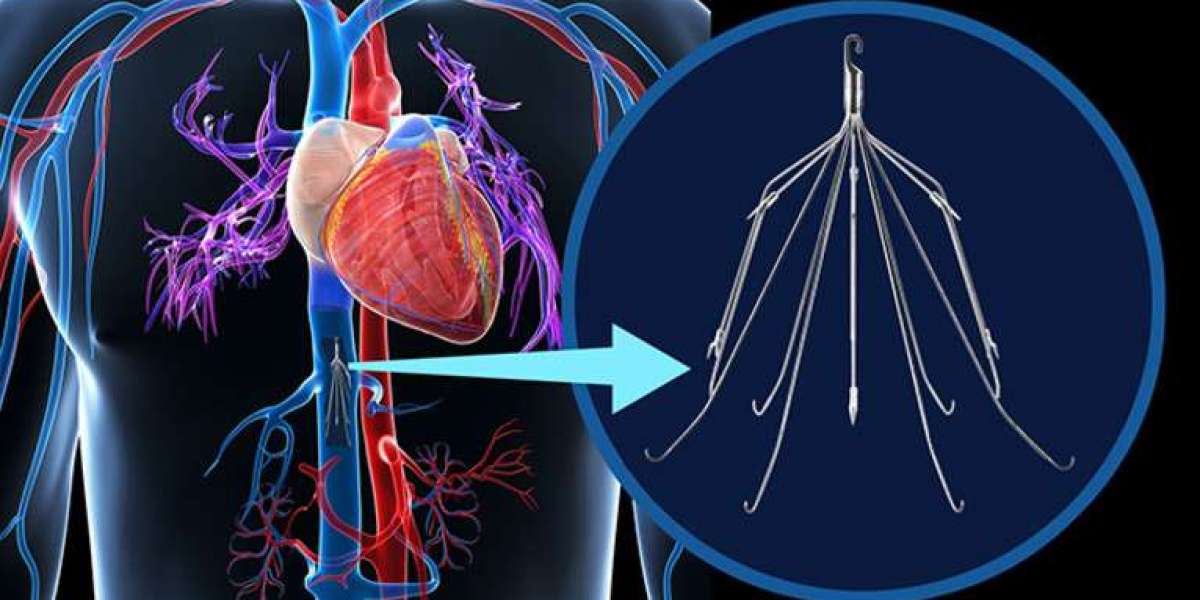IVC filters are a crucial tool in preventing pulmonary embolism, but they are not without risks. It's important to weigh the benefits and potential complications before deciding if an IVC filter is right for you.
Benefits of IVC Filters
- Prevention of Pulmonary Embolism: IVC filters can significantly reduce the risk of pulmonary embolism, a potentially fatal condition.
- Alternative to Anticoagulants: For patients who cannot take blood thinners, IVC filters offer a viable option for preventing blood clots.
Risks of IVC Filters
- Filter Migration: The filter may move from its original position, potentially causing complications.
- Filter Fracture: The filter may break, increasing the risk of complications.
- Venous Thrombosis: Blood clots can still form in the Inferior Vena Cava (IVC) Filter or other veins, even with a filter in place.
- Retrieval Complications: If a retrievable filter is removed, there is a risk of complications during the retrieval procedure.
Weighing the Risks and Benefits
The decision to implant an IVC filter should be made in consultation with your healthcare provider. They will assess your individual risk factors and determine if the benefits of the filter outweigh the potential risks.
Choosing the Right IVC Filter
IVC filters come in various designs and materials. The choice of filter will depend on your specific needs and risk factors. Your doctor will recommend the most appropriate filter based on your individual circumstances.
IVC filters are a valuable tool in preventing pulmonary embolism. However, it's important to understand the risks and benefits associated with their use. By working closely with your healthcare provider, you can make an informed decision about whether an IVC filter is right for you.
Get more insights on Inferior Vena Cava (IVC) Filter
Explore more article Dental Implants Market
Get More Insights—Access the Report in the Language that Resonates with You:









